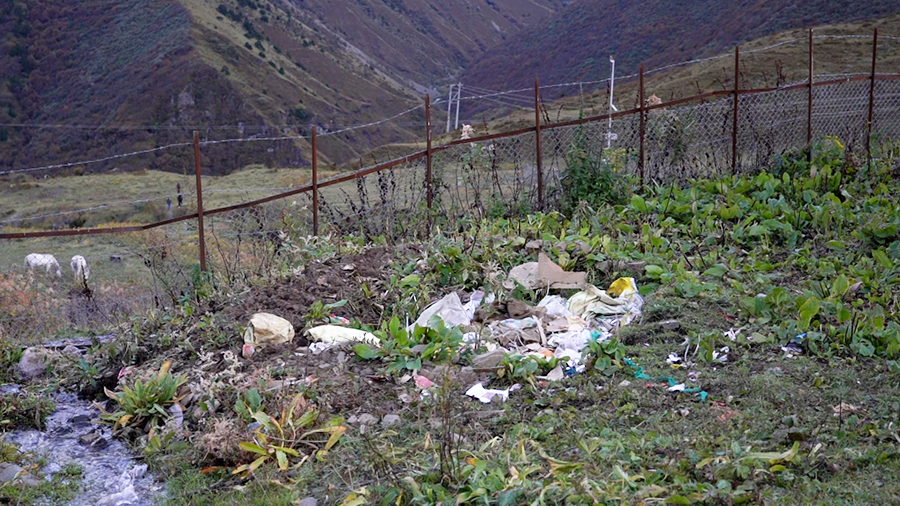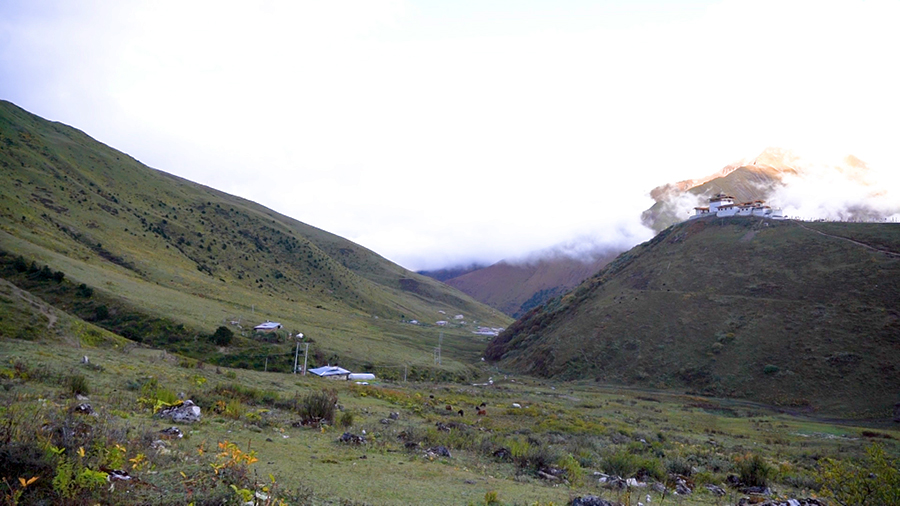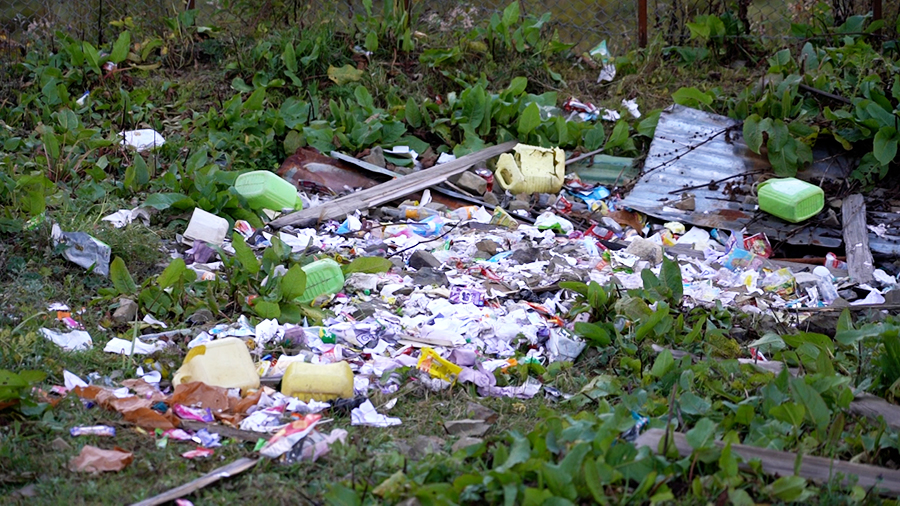 Lingzhi Gewog in Thimphu is struggling with increasing waste. Without a proper disposal facility, residents and local leaders said they are left with no choice but to bury the waste. They are worried that this practice could have long-term environmental consequences.
Lingzhi Gewog in Thimphu is struggling with increasing waste. Without a proper disposal facility, residents and local leaders said they are left with no choice but to bury the waste. They are worried that this practice could have long-term environmental consequences.
 The trail from Naro to Lingzhi Gewog centre takes three days on foot. It winds through snow-covered passes and sacred lakes.
The trail from Naro to Lingzhi Gewog centre takes three days on foot. It winds through snow-covered passes and sacred lakes.
It is a journey steeped in tradition, where ancient yak-herding communities live in harmony with pristine glacial rivers.
But amidst this natural beauty, the residents of Lingzhi Gewog are struggling with growing waste.
 Plastic wrappers, bottles and noodle cups now litter this sacred route, left behind by travellers and traders.
Plastic wrappers, bottles and noodle cups now litter this sacred route, left behind by travellers and traders.
With no road connectivity and limited waste facilities, residents are often forced to bury the trash.
Dorji Drakpa, a resident said “We bury waste. We are worried about its impact on the mountains. If the government could initiate safe and sustainable waste solutions, we would be grateful.”
Wangdi, Lingzhi Gup said “As the country developed, business activities increased. Shopkeepers started bringing in packaged food items and the wrappers from these products have become a major source of waste.”
Although the community cleans the area, managing waste remains a challenge. Residents say it is especially difficult without a landfill or designated dumping site.
Lingzhi Gup said “We have tried to make a pit in each chiwog, but once they are full, we do not know where to dump other waste. So, we bury it in low-risk areas, but it is only a temporary solution.”
Karma Dorji, Chhuzarkha Tshogpa said “We have no other choice but to bury the waste underground. Every chiwog collects waste monthly, but the problem is growing. The more we consume, we produce more waste.”
The Lingzhi Gup said they have sought support from the district environment sector to introduce a waste incinerator.
But before the waste problem becomes irreversible, the residents are calling for urgent and sustainable solutions.
Karma Wangdi
Edited by Tshering Zam









